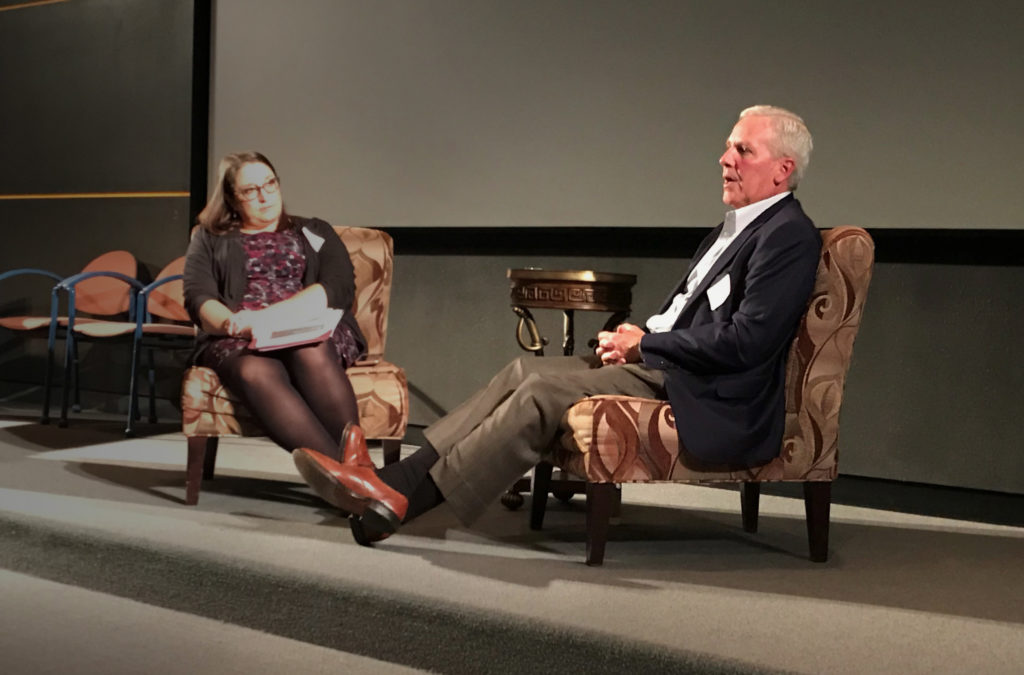Today’s guest blog is written by Jayme Miller, a Human Resources Generalist at Promega, who has some tips for creating an IDP that will help you achieve your goals. Individual Development Plans (IDPs) are common career development tools used in industry, and there has been a push for PhD programs to incorporate career development tools such as IDPs. By creating an IDP, employees and students both have a formal way to communicate their career goals and help them stay on track.

There is one question I am frequently asked by candidates during the interview process—“Is employee development a focus at this organization?” Employees frequently tell me they are looking for employers and opportunities where they will have the ability to learn, grow and develop. While that all sounds great, it is important to have an upfront and transparent discussion about roles, responsibilities and expectations when it comes to employee development.
Many organizations indicate that they have an employee development “program” at their organization, but when they begin talking about their program, they describe their performance management process. Often, they will describe how employees are evaluated and provided feedback from their manager. Feedback is a key component for employee development, but it is up to the employee to use that feedback to create action items that will give them the opportunity to learn and grow.
Often employees believe that employee development is something provided by companies to employees, that it is something that employers make happen for employees. Good organizations will offer continuous learning opportunities and a feedback culture that allows employees to learn and grow. However, no employee development program will work for an employee who is not fully engaged in their own development and does not take ownership over the process. It is ultimately the employee’s responsibility to ensure they are actively taking the steps to develop within their role and within their organization.
Continue reading “7 Tips for Creating an Individual Development Plan”

 I used to love taking magazine quizzes to learn more about myself. I thought it would be fun to create a quiz to help you find out what scientific career path may be the best fit for you. Be open-minded while taking the quiz and remember that this is just for fun!
I used to love taking magazine quizzes to learn more about myself. I thought it would be fun to create a quiz to help you find out what scientific career path may be the best fit for you. Be open-minded while taking the quiz and remember that this is just for fun! When searching for a job it’s important to consider the job duties as well as the company and the company’s culture. Two companies have become famous for their cultures—Google and Zappos. Google is known as a company where you work hard in an amazing environment. Oh, and the food is free! Zappos is known as a place where employees are valued, and customer service is the first priority. Here at Promega, science rules, employee well-being is extremely important, and you can make a big impact regardless of your job title.
When searching for a job it’s important to consider the job duties as well as the company and the company’s culture. Two companies have become famous for their cultures—Google and Zappos. Google is known as a company where you work hard in an amazing environment. Oh, and the food is free! Zappos is known as a place where employees are valued, and customer service is the first priority. Here at Promega, science rules, employee well-being is extremely important, and you can make a big impact regardless of your job title.
